Table of Contents
ToggleIntroduction:
The legal profession in India has witnessed a significant shift with the Supreme Court’s landmark judgment On October 9, 2025, the Supreme Court of India delivered a landmark judgment clarifying the eligibility of judicial officers for direct recruitment as District Judges under the bar quota. The case addressed whether judicial officers who had previously practiced law for at least seven years could be considered for bar quota posts.
The judgment was delivered by a bench of Chief Justice of India (CJI) BR Gavai and Justices MM Sundresh, Aravind Kumar, Satish Chandra Sharma and K Vinod Chandran.
For decades, the eligibility criteria for direct recruitment of District Judges under the bar quota had created confusion. Judicial officers who had practiced law before joining service were often barred from applying, even though their legal experience was invaluable. The recent Supreme Court judgment overruled the Dheeraj Mor v. High Court of Delhi decision, ensuring that judicial officers with seven years of prior bar experience are now eligible for District Judge posts.
This development has far-reaching implications for the judiciary, aspiring judicial officers, and the legal profession in general.
Understanding District Judge Eligibility in India
In India, recruitment for District Judge positions primarily occurs through two channels:
Direct Recruitment from the Bar (Bar Quota)
Advocates with sufficient experience can apply for District Judge posts without having worked as judicial officers.Promotion from Judicial Service
Subordinate judicial officers may be promoted to the District Judge position based on seniority, merit, and performance evaluations.
Historically, judicial officers who had prior advocacy experience faced ambiguity about their eligibility under the bar quota. Some states allowed it, while others strictly barred such candidates. This inconsistency often led to litigation, administrative delays, and career uncertainty for officers.
Supreme Court’s Landmark Decision
The Supreme Court, in Rejanish KV v. K Deepa & Ors, clarified that:
Judicial officers who completed seven years of practice as advocates before joining the judiciary are eligible for direct recruitment as District Judges under the bar quota.
Judicial officers with combined experience of seven years (advocacy + judicial service) are also eligible.
Minimum age for applicants is 35 years at the time of application.
State governments and High Courts must amend their recruitment rules to comply within three months.
This ruling overruled the Dheeraj Mor judgment of 2020, which had restricted eligibility and created uncertainty for many judicial officers with prior bar experience.
Why This Ruling Matters
1. Opens Career Pathways
Judicial officers with prior advocacy experience now have a clear pathway to higher judicial positions. This ensures that valuable courtroom experience is not wasted and officers can compete on equal footing for District Judge posts.
2. Recognizes Legal Expertise
Prior experience as a lawyer provides judicial officers with critical courtroom skills, understanding of litigation strategies, and practical knowledge. By acknowledging this, the Supreme Court ensures that the judiciary benefits from diverse experience.
3. Standardizes Eligibility Across India
Before this ruling, state-to-state differences in eligibility created confusion. The Supreme Court’s directive ensures uniform standards for District Judge eligibility in India.
4. Strengthens the Judiciary
Integrating judicial officers with bar experience helps the judiciary in:
Efficient case management
Better understanding of legal arguments
Balanced judgment in complex cases
Examples of Eligibility
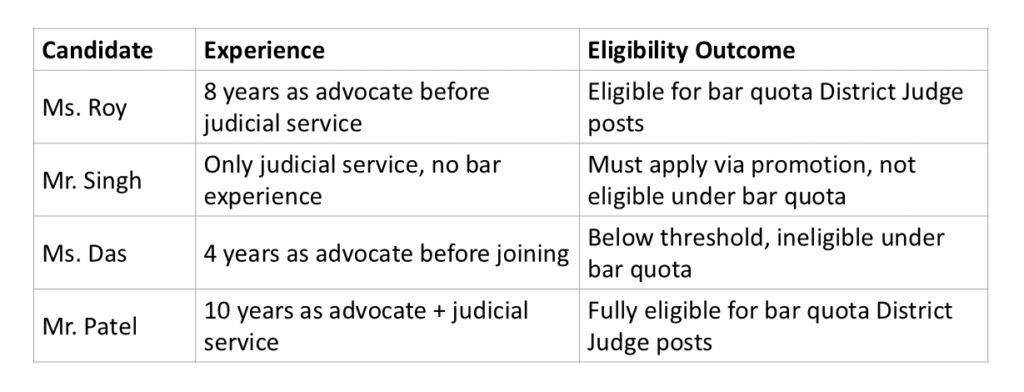
Key Takeaways for Aspirants
Focus on gaining seven years of substantive bar experience to qualify for direct District Judge recruitment.
Maintain documentation of practice experience, as state authorities will verify eligibility.
Understand combined experience rules if you join judicial service after practicing law.
Stay updated on state-specific recruitment notifications, as rules will be revised following the Supreme Court ruling.
Frequently Asked Questions (FAQs)
1. What is the bar quota for District Judge posts?
It is a percentage of posts reserved for advocates to apply directly without prior judicial service.
2. Who can apply under bar quota now?
Judicial officers who have completed seven years of advocacy before joining service or a combined seven years of advocacy and judicial experience.
3. Does this apply to all states?
Yes, the Supreme Court ruling mandates that all states align their rules with this judgment.
4. What was the Dheeraj Mor ruling?
Dheeraj Mor (2020) restricted judicial officers from bar quota eligibility, even with prior legal experience. This has now been overruled.
5. Does the ruling affect ongoing recruitment?
It applies prospectively, but states may choose to revise rules for previously disqualified candidates.
Broader Impact on Legal Careers
Lawyers entering judicial service may plan their careers knowing that bar experience counts toward higher posts.
Judicial officers gain recognition for prior advocacy work, encouraging more practical experience before joining service.
Legal education institutions may adjust guidance for students and interns aiming for judicial careers.
The Supreme Court’s decision in Rejanish KV v. K Deepa & Ors has redefined District Judge eligibility in India, creating a fairer, more merit-based system for judicial appointments. By overruling Dheeraj Mor, the Court has ensured that judicial officers with bar experience are rightly recognized, opening doors for capable candidates and strengthening the judiciary overall.
For aspiring judges, this is a once-in-a-generation opportunity to plan careers strategically, combining legal practice and judicial service to maximize eligibility for higher judicial appointments.

Avinash Jaiswal is the Founder and CEO of Vidya Planet, holds a B.Sc. (Hons.), and is pursuing LL.B. (Hons.). His diverse academic background in science and law inspired him to create Vidya Planet with a vision to make education clear, reliable, and accessible for all learners.

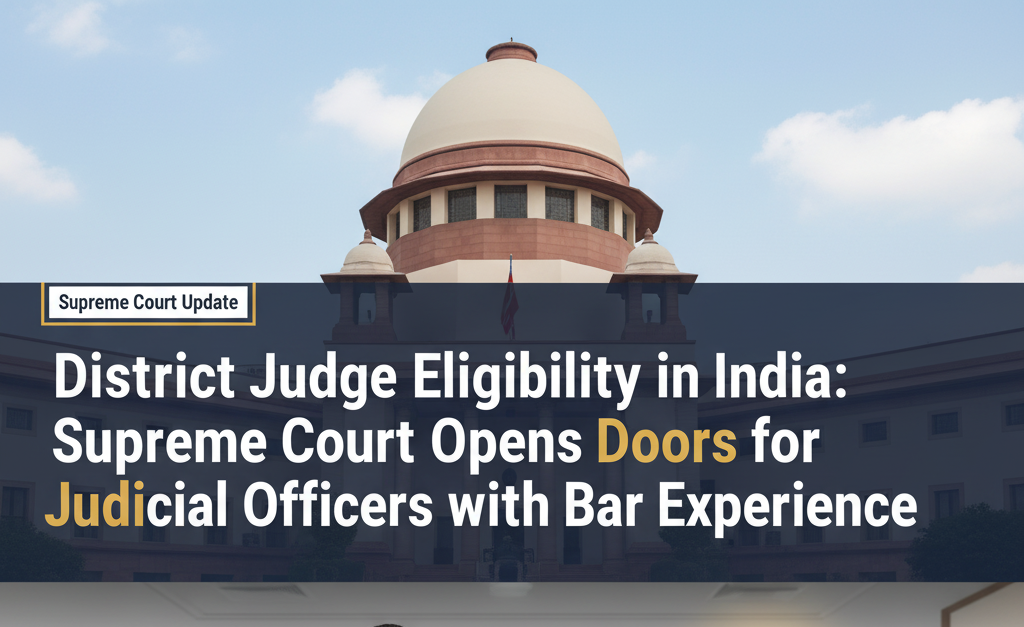
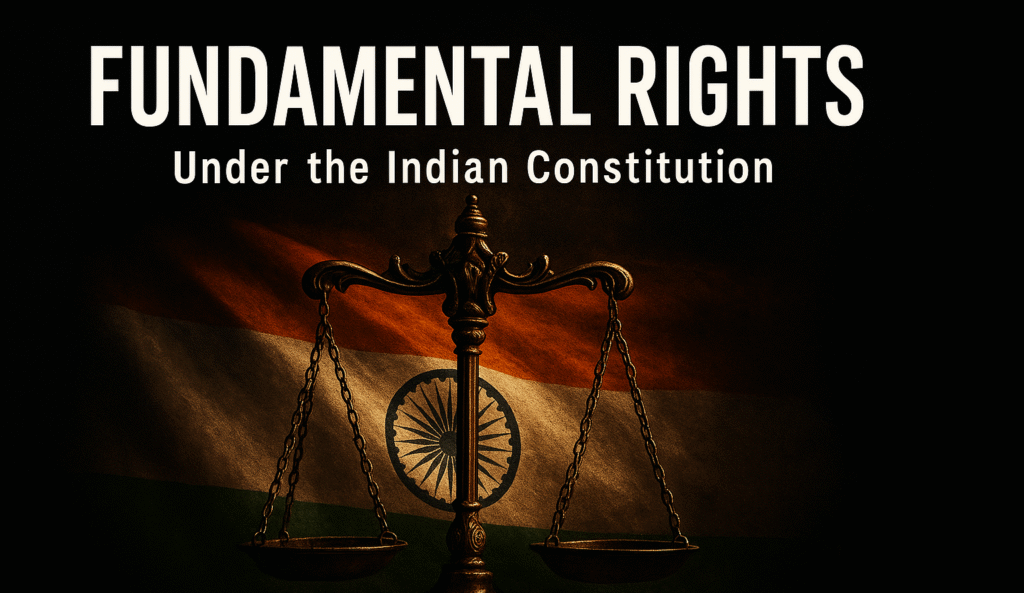
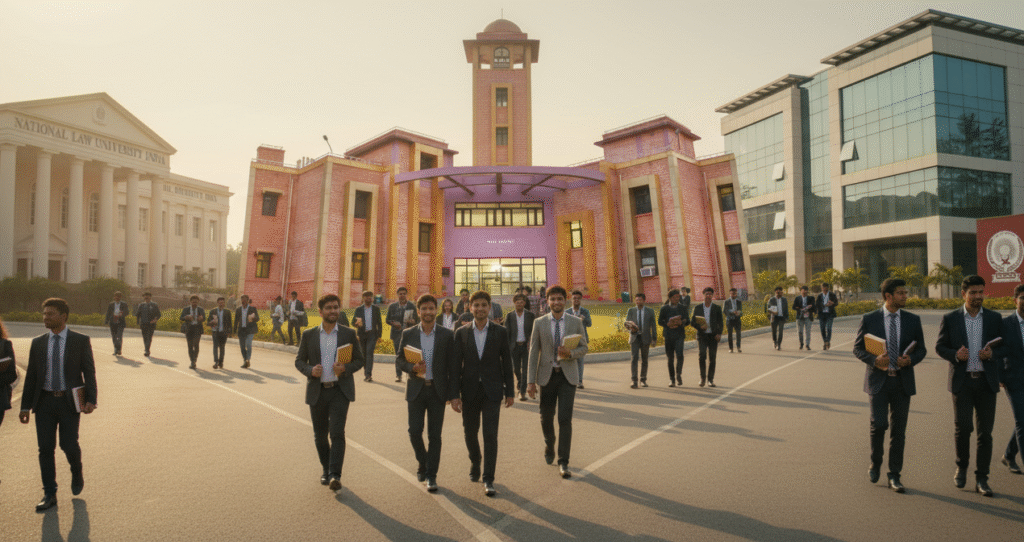
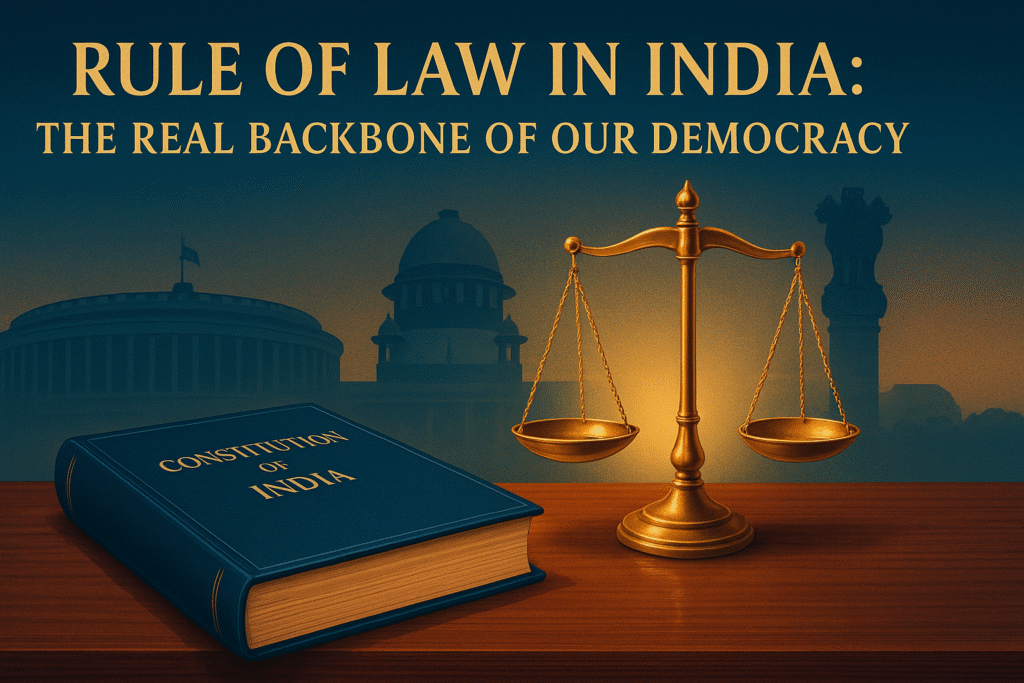


Nice